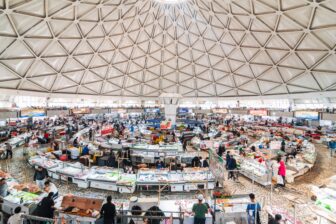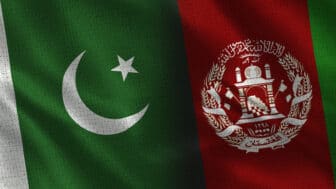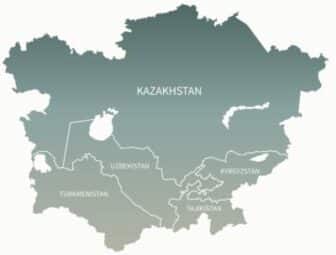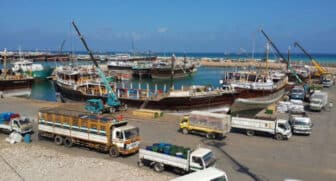Browse Topics
Categories
Format
Multimedia
Speakers Series
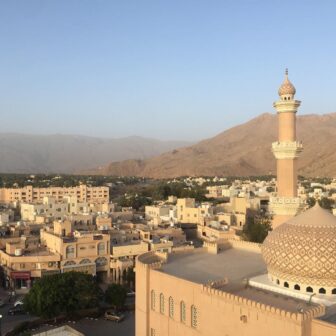
Economic Diversification in the GCC
Some countries in the GCC face a harsh economic outlook due to unemployment, high debt levels, and strained financial markets. In addition they face climate change and mounting geopolitical and security concerns. A need exists for inter-GCC dialogue and coordination with international partners like the US and the European Union.

The Food Security Factor: Stability, Governance, and Development Choices
Food security in the Middle East and North Africa (MENA) region is viewed as one contributing factor in catalyzing conflicts in the region as well as perpetuating multiple humanitarian crises. The MENA region is the largest importer of food in the world, accounting for nearly 1/3rd of global cereal imports. Rising prices in staple foods […]

Political Pluralism in the Middle East and North Africa
The political landscape of the Middle East and North Africa in 2018 is a terrain deeply hostile to nurturing the seeds of democracy planted so spectacularly just seven years prior during the momentous events of the Arab Uprisings. The region today seems characterized above all by violence, instability, social tension, renewed authoritarianism, and humanitarian crisis. […]
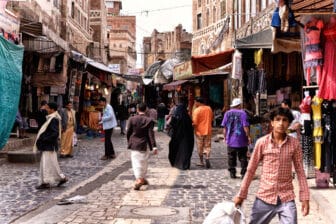
Profits to Peace: The Role of Business in Promoting Positive Peace
The Middle East and North Africa region urgently needs ethical and sustainable solutions for the plethora of challenges it faces, including the pressure of displaced populations, growing unemployment, armed conflict, environmental concerns, and lack of food or water security. Multiple previous Hollings Center dialogue programs have noted the important need for sustainable economic growth and […]
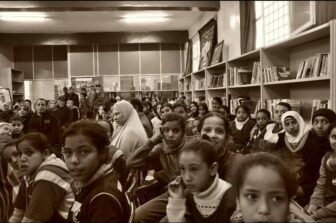
Workable Solutions to Radicalization
Numerous studies and efforts seek to understand the conditions in which Da’esh ideology and message spreads, in other words the “root causes” of extremism. Despite these efforts, there is room for more dialogue regarding how communities, civil society, and state apparatuses deal with these root causes. Looking at community-based, local solutions to radicalization as well […]
A non-profit, non-governmental organization dedicated to fostering dialogue between the United States and countries with predominantly Muslim populations in the Middle East, North Africa, South Asia, Eurasia and Europe
Stay Informed
Subscribe to our mailing list to stay up to date on our latest information.

